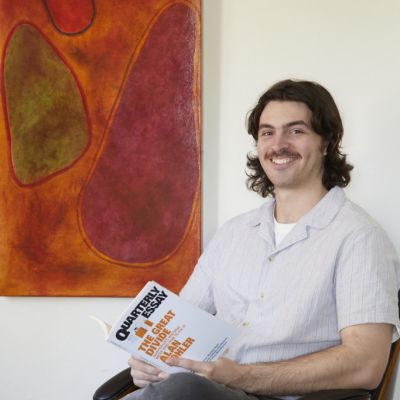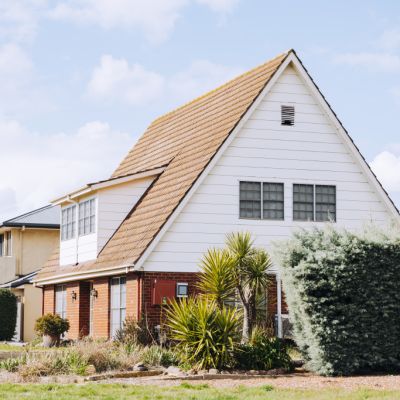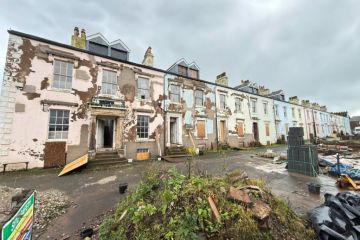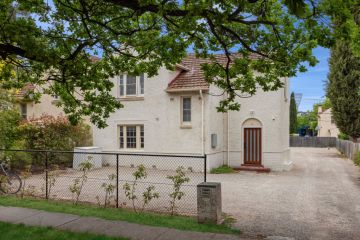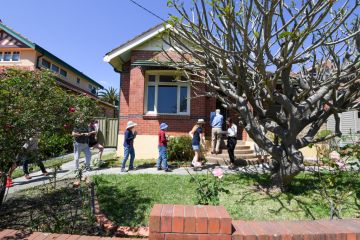How sustainable is the bank of mum and dad for future generations?
Melbourne-based Cat Dunn had a leg up into the property market that many Aussies can only dream of.
Originally from the UK, her parents gave her money to help purchase a home there. When she moved to Australia, she sold that home and brought the profits with her.
But even with that head start she is not confident she can purchase a home in Australia. Since moving to Melbourne, she has become so disheartened by the state of the property market, she doesn’t believe she can afford to buy here.
“If I planned it, I could probably get a place, but I am really fearful of the interest rates. I’m so scared to get locked into a mortgage,” she says.
“And because I have my own business, I know how hard it is to actually get approved to have a mortgage, because my income is very up and down.”
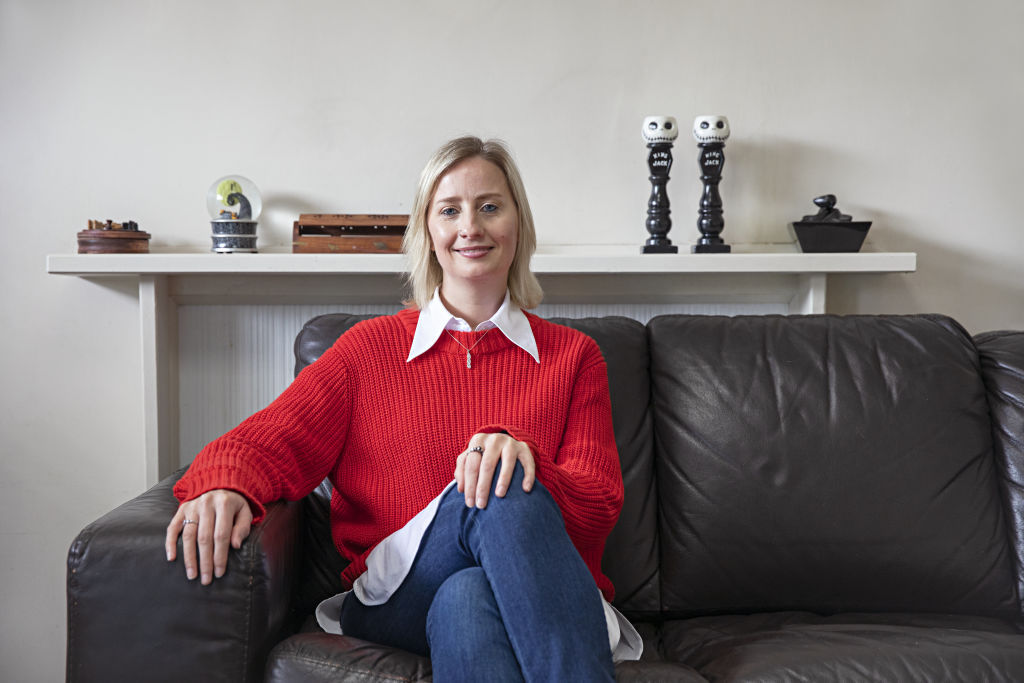
Dunn says she would have never been able to get on the property ladder in the UK without financial help from her parents and that it’s basically impossible for anyone to get in without it.
She says she has accepted that she will never be able to be an Australian home owner; instead, she has decided to skip a generation and pour all of her efforts into becoming the bank of mum and dad for her niece.
Dubbing it the “Bank of Auntie”, Dunn plans to put as much money away as possible so she can help her niece when she is ready to enter the property market in roughly 20 years.
“I had financial help from my parents. If I hadn’t had that, I would never have been able to get on the property ladder. I feel really strongly about helping my niece as much as possible,” she says.
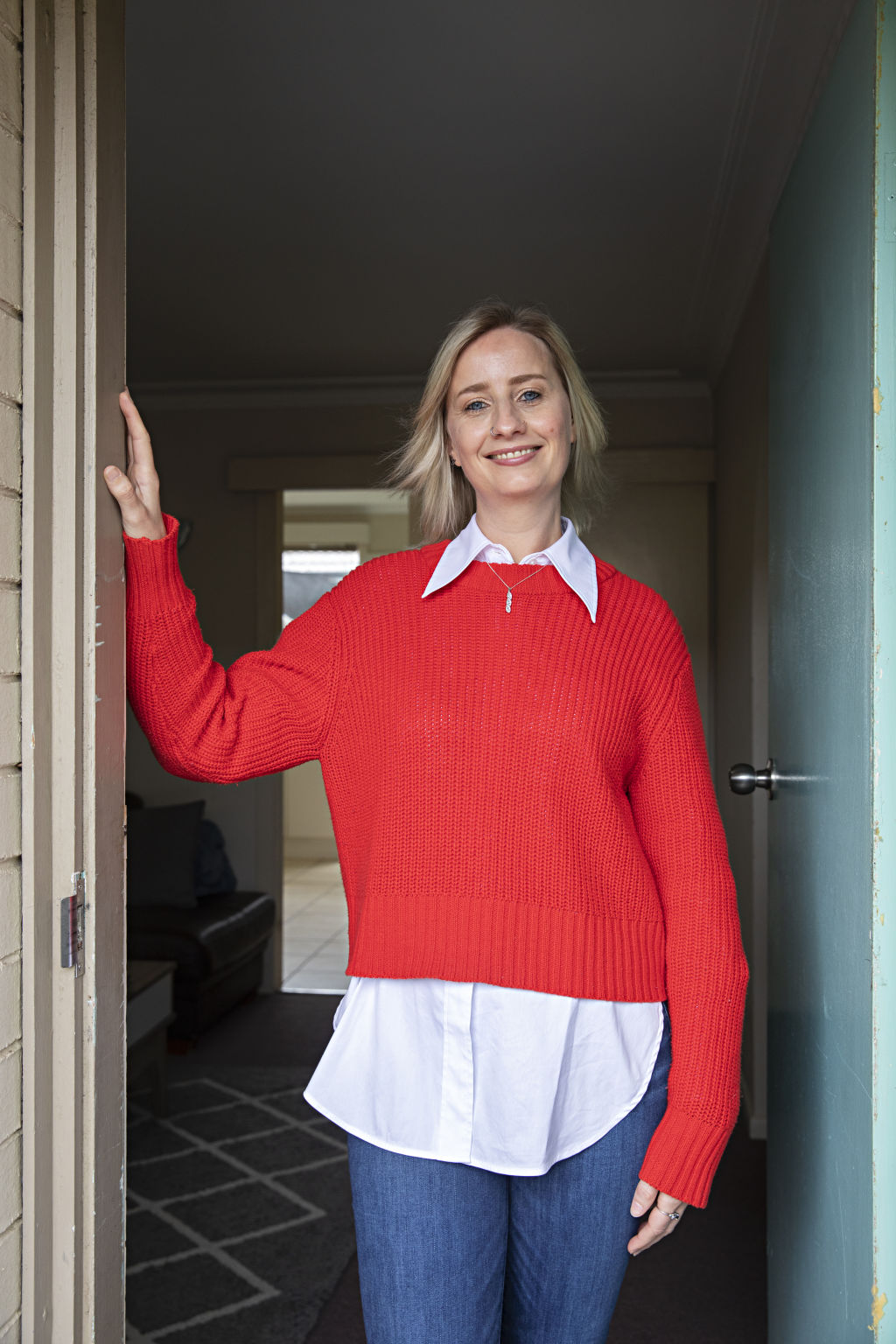
Dunn’s disillusionment is no isolated case. Australia’s property prices are some of the highest in the world, and newcomers who don’t have established family members within the property market are more likely to be locked out of the market than their Aussie-born counterparts.
This reliance on parents to enter the property market is making home ownership in Australia hereditary, says Peter Tulip, chief economist at the Centre for Independent Studies.
“Unless you have wealthy parents, it is very difficult to get onto the first rung of the home-ownership ladder.
“People without access to finance are trapped in the rental sector, whereas the children of wealthy parents often have the huge hurdle of getting a deposit paid for them or lent to them.
“They get substantial parental assistance to get their first foot up,” Tulip says.
“That is making us look more and more like a society from the 19th century, with an elite landed gentry passing their wealth and privilege onto future generations. And it’s fundamentally unequal and unattractive.”
In the past five years, the cost of housing has skyrocketed. Even entry-level property (considered to be in the 25th percentile) has seen tremendous price growth of up to 61.7 per cent, particularly in cities like Brisbane, Adelaide, Perth and, to a lesser extent, Sydney, according to the Domain First Home Buyer Report.
| Dec-23 | Dec-22 | YoY | 5-year Change | |
| Canberra | $800,000 | $800,000 | 0.00% | 42.60% |
| Adelaide | $595,000 | $517,000 | 15.10% | 61.70% |
| Brisbane | $635,000 | $560,000 | 13.40% | 51.20% |
| Darwin | $460,750 | $450,000 | 2.40% | 15.20% |
| Hobart | $530,000 | $550,000 | -3.60% | 55.30% |
| Melbourne | $678,000 | $670,000 | 1.20% | 16.90% |
| Perth | $505,000 | $435,000 | 16.10% | 31.60% |
| Sydney | $927,250 | $870,000 | 6.60% | 38.00% |
| Australia | $545,000 | $492,000 | 10.80% | 47.30% |
Due to the rapidly growing prices, more than 60 per cent of first-home buyers have received help from their parents (often referred to as the bank of mum and dad), according to Finder’s 2023 Consumer Sentiment Tracker data.
On average, first-home buyers receive $33,278 from their parents towards a deposit, according to the data.
And 2021 findings from the Productivity Commission showed that if the bank of mum and dad were an actual lender, they’d be between the fifth and ninth biggest mortgage lender in Australia.
“As prices rise, it restricts access to home ownership to people with wealth, and it’s only by having wealthy parents that young people can access the deposit required for a house in Australia,” says Tulip.
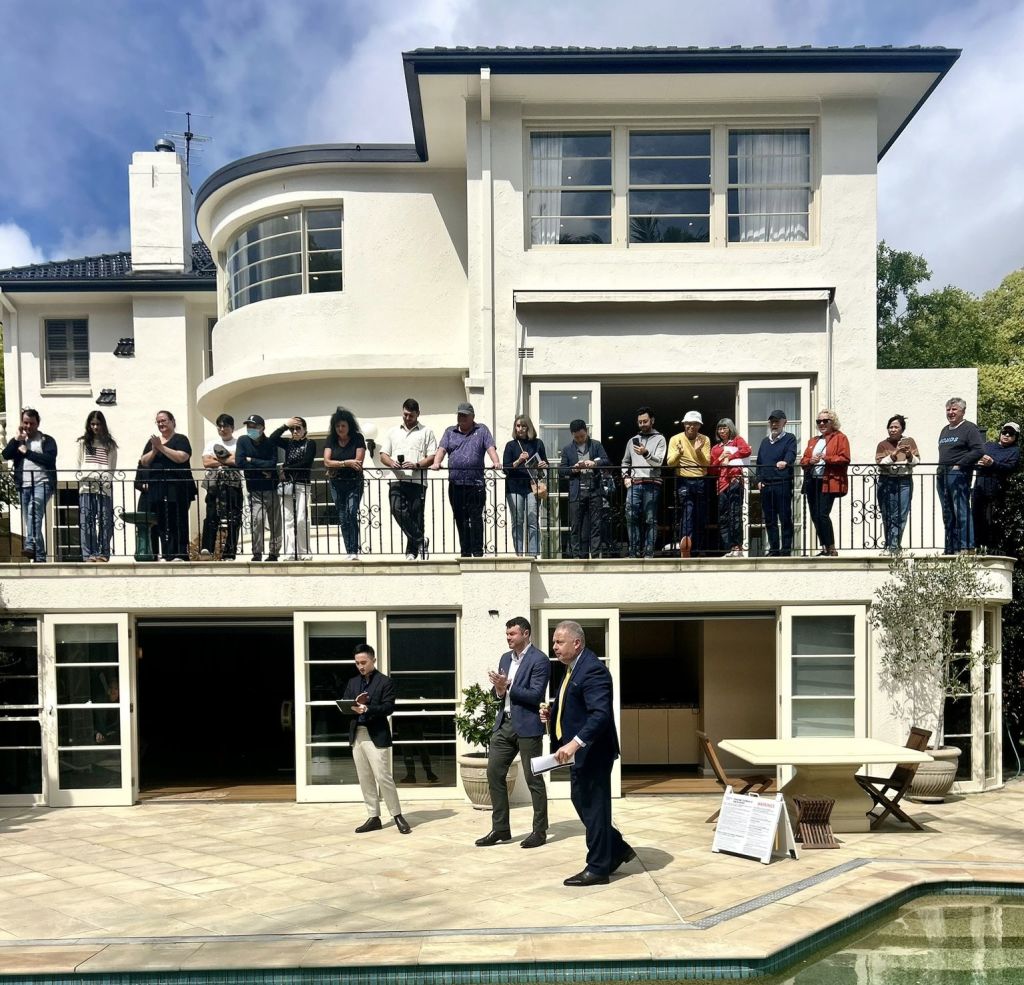
“A worry is that if [the bank of mum and Dad] becomes a self-sustaining process that rich people pass on their wealth to their children, then they block out less privileged children from the housing market.”
Unless there are policy changes to slow down property prices, in the future, only first-home buyers who already have parents in the Australian property market will be able to receive the financial help required to buy a home, says Tulip.
The median house price in Australia is $1,154,394, according to Domain data. Assuming the buyer saves up a 20 per cent deposit, that’s a median deposit of $230,878.
| Capital City | Median House Price |
20 per cent deposit
|
| Sydney | $1,662,448.00 | $332,489.60 |
| Melbourne | $1,068,805.00 | $213,761.00 |
| Brisbane | $976,464.00 | $195,292.80 |
| Adelaide | $929,972.00 | $185,994.40 |
| Canberra | $1,041,432.00 | $208,286.40 |
| Perth | $852,240.00 | $170,448.00 |
| Hobart | $686,053.00 | $137,210.60 |
| Darwin | $585,047.00 | $117,009.40 |
| Combined capitals | $1,154,394.00 | $230,878.80 |
“I just don’t see how anyone on a normal income can save enough for a normal deposit,” says Tulip. “[Especially] in the inner suburbs of our big cities.”
Adelaide resident Lauren Lee wants to give her four-year-old twin boys the best foot forward by helping them in the future as the bank of mum and dad, despite not receiving financial help from their parents when she bought.
“If we’re in a position where we knew we were still going to be fine for retirement, we would happily help the twins to a point, but we’d only match what they would save themselves,” she says.
Lee says she was lucky because she could buy in 2019 before the house prices in Adelaide skyrocketed.
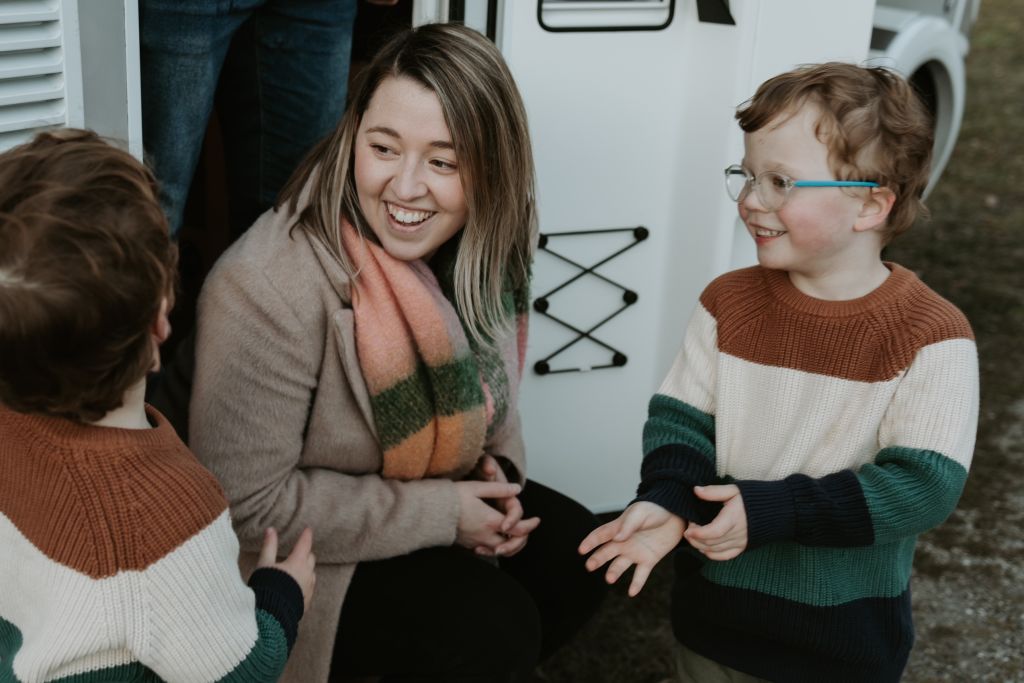
“Because we got in before everything went up, I don’t know where we would have sat [financially] if we missed that opportunity,” she says.
Lee says people trying to buy now, along with future generations like Gen Z and Alpha, need “crazy deposits” to enter the market.
She says there will come a point when the bank of mum and dad won’t be able to provide the right level of financial support.
“Everything’s going up, so if [the bank of mum and dad] are struggling, it’s going to create more of a wealth divide. It’s going to get worse and worse and worse,” she says.
This wealth divide is going to continue to widen as Boomers pass on their wealth through inheritance, says Domain chief of research and economics Dr Nicola Powell.
“With that transfer of wealth escalating over time, in the 2030s that is only going to widen that wealth gap between those who own property and those who don’t,” she says.
However, she says the crux of the issue of heavy reliance on the bank of mum and dad is the lack of housing supply, which pushes up prices.
“If we had more housing supply, we would have better affordability and better choice.”
Those without access to the bank of mum and dad might seem to be at a disadvantage, but Powell says the property market is changing.
“We’re probably going to see a change in property landscape over the next decade or two, which will come in the form of greater density in our big cities.”
“What that will bring is better affordability. That’s the purpose of creating higher levels of supply and also creating density in our inner and middle ring suburbs. ”
We recommend
States
Capital Cities
Capital Cities - Rentals
Popular Areas
Allhomes
More
- © 2025, CoStar Group Inc.
